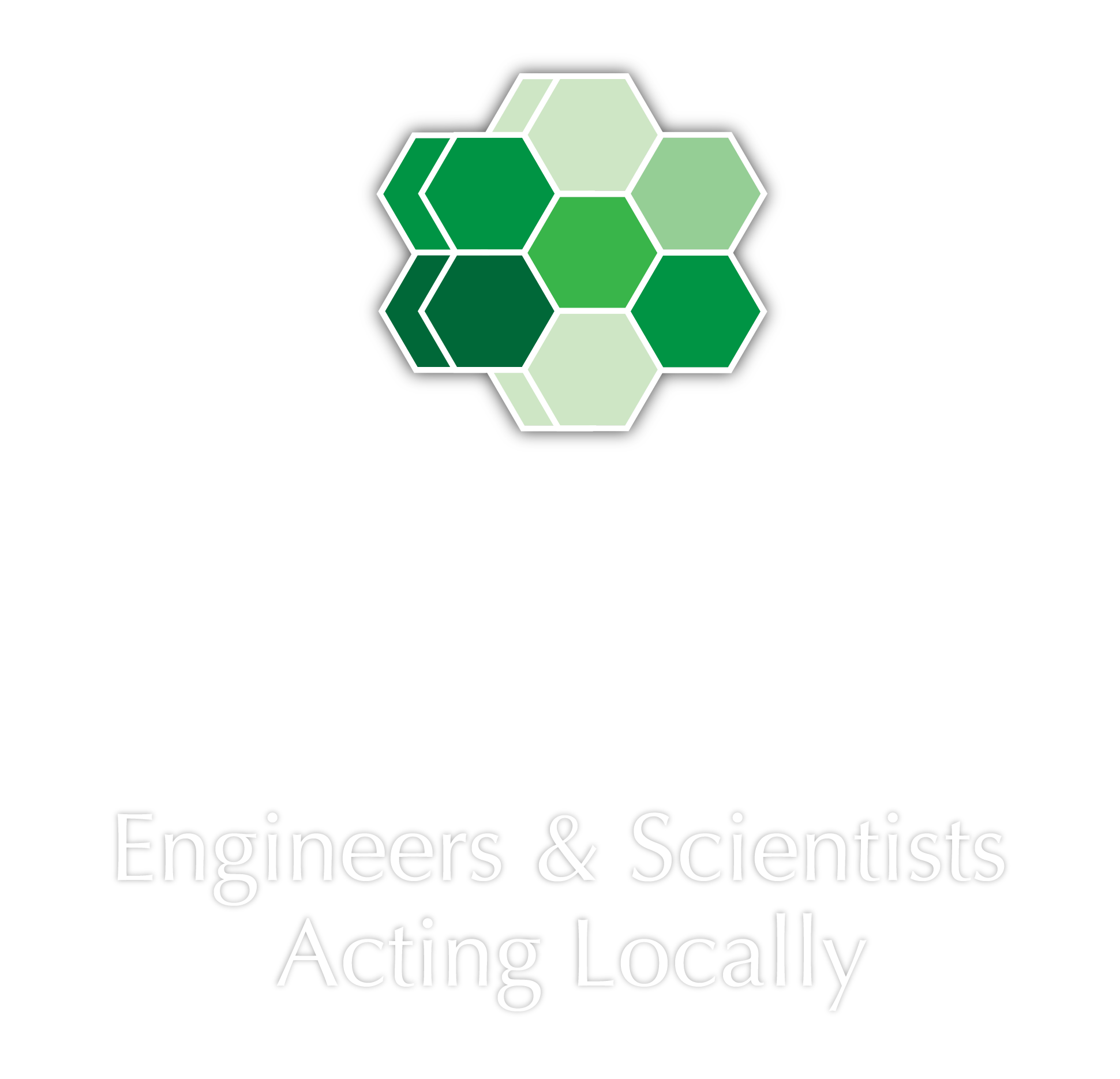Sarah-Jeanne Royer is a research scientist for Hawai’i Pacific University and an oceanographer for The Ocean Cleanup. She studies how different types of plastic microfibers degrade over time in the varying conditions they encounter in the marine environment. ESAL spoke with Royer about her hands-on work to curb plastic pollution.


